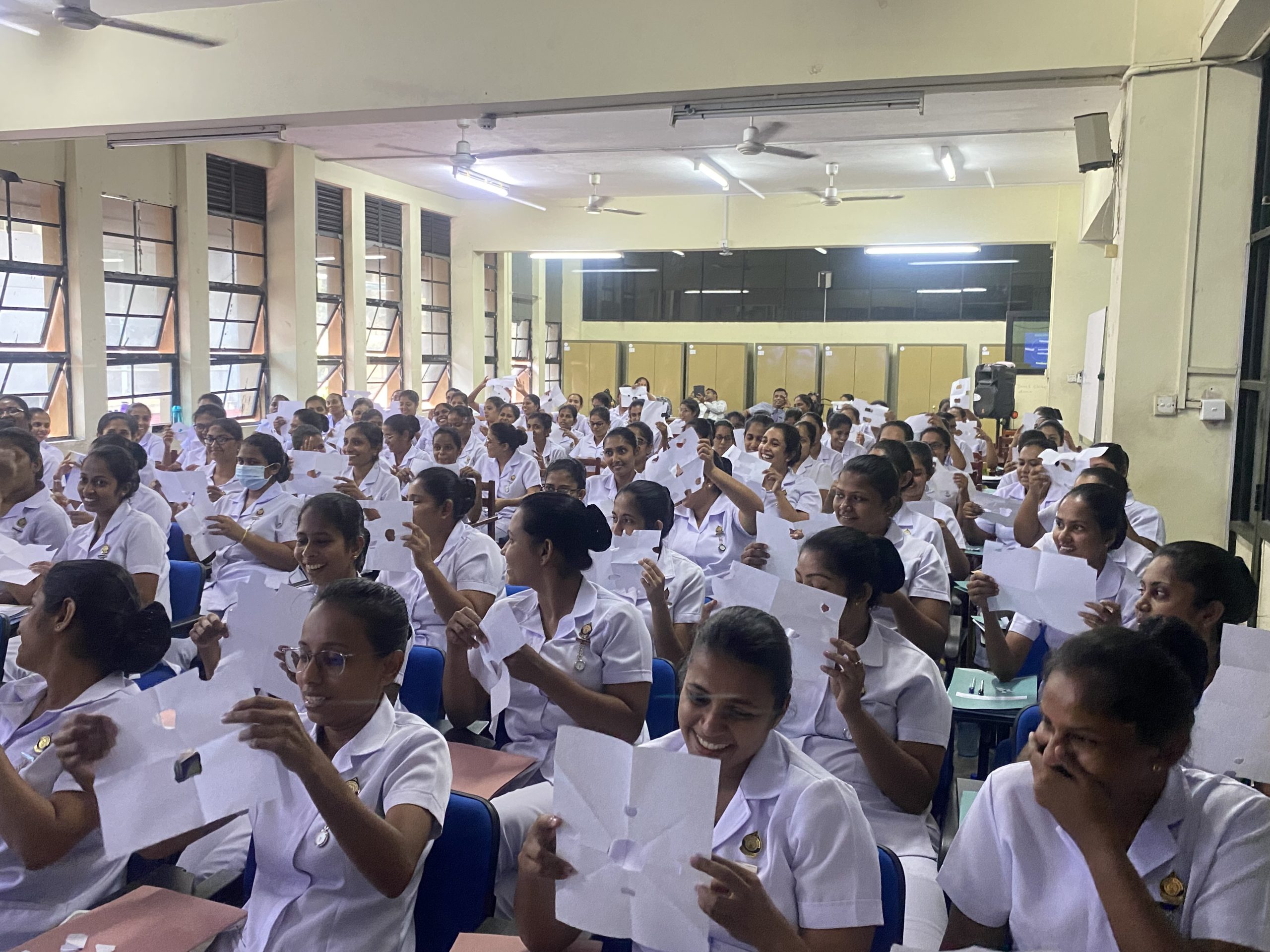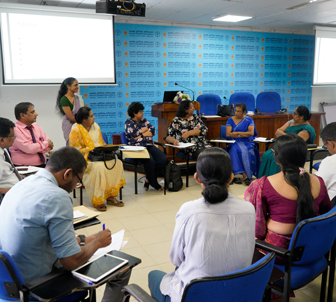Health Promotion Bureau is taking the key responsibility under the Ministry of Health in Sri Lanka to make public aware on health information, and relevant risk communication. The HPB uses a range of modes of communication for public awareness. Thereby HPB aims to improve general and specific health literacy of people and facilitate people to take informed healthy choices and make healthy lifestyle changes.
Weekly media conferences, press briefings and media talks by health and other content specialists are vital channels used by HPB for public awareness aiming for healthy behaviour changes in the community, been providing for years by HPB and appraised by all sectors.
Another unique service that has been continued for more than a decade by HPB is the trilingual 24/7 hotline 1999 ‘Suwaseriya” to address health related public queries and concerns.

In empowering communities and settings, HPB plays a vital role in mobilizing and enabling communities through happy village setting, health promoting preschool setting, health promoting workplace and hospital settings, and the community platform Mother’s Support Groups.
In delivering these services to the public HPB collaborates with other partners in health, and also all relevant stakeholders across other sectors and Ministries. Due to the unique cross cutting nature of the functional thrust areas of HPB, the impact of its services are reflected in tangible health outcomes monitored by other partners of health sector. Therefore the key health promotion outcomes are health literacy, Community empowerment and Organizational action.
To achieve the health promotion outcomes, the seven technical units of HPB, functions within its five year Results Framework and targets.
Learn More About our History

Vision
An empowered healthy nation living happily and harmoniously with each other and nature

Mission
Empowering people to take ownership of their health and wellbeing to address the determinants of health affecting individuals, communities and the environment as the center of excellence for health promotion
Thrust Areas

Objectives
- To facilitate improving the modifiable health determinants of individuals & communities in Sri Lanka
- To reduce risk behaviours of individuals & communities in Sri Lanka
- To advocate, mediate and enable establishment of supportive healthy environments in Sri Lanka
- To advocate and mediate to improve usage of healthy environments in Sri Lanka
- To improve quality and access to health services in Sri Lanka

 සිංහල
සිංහල






